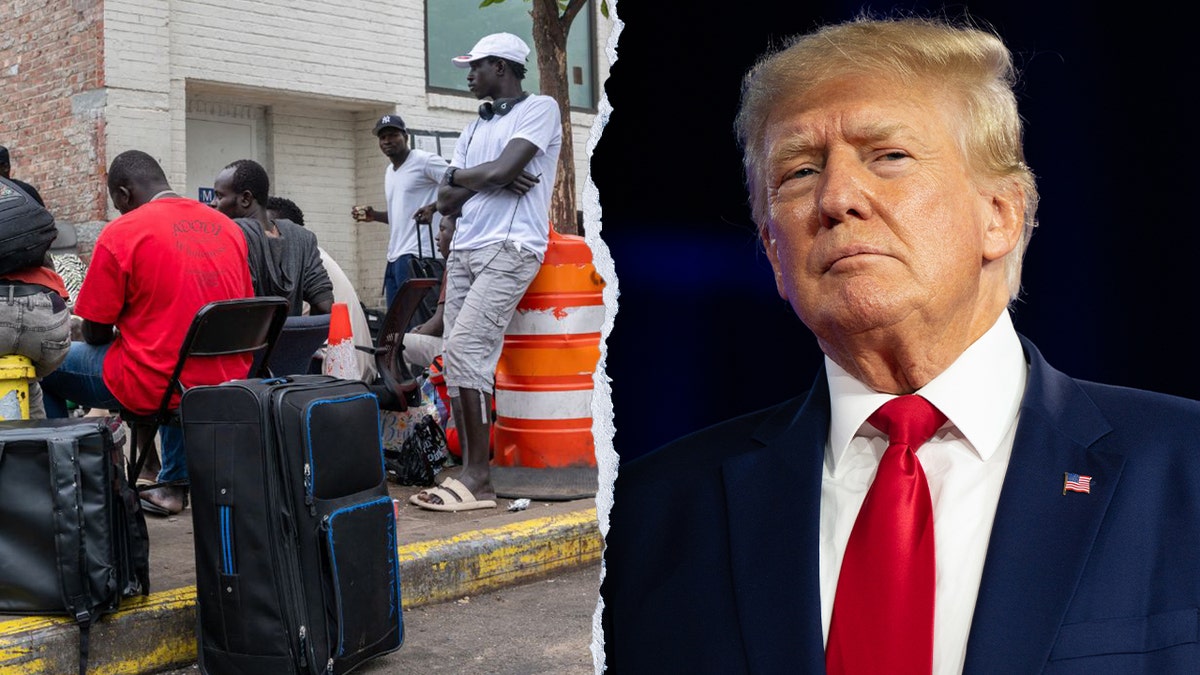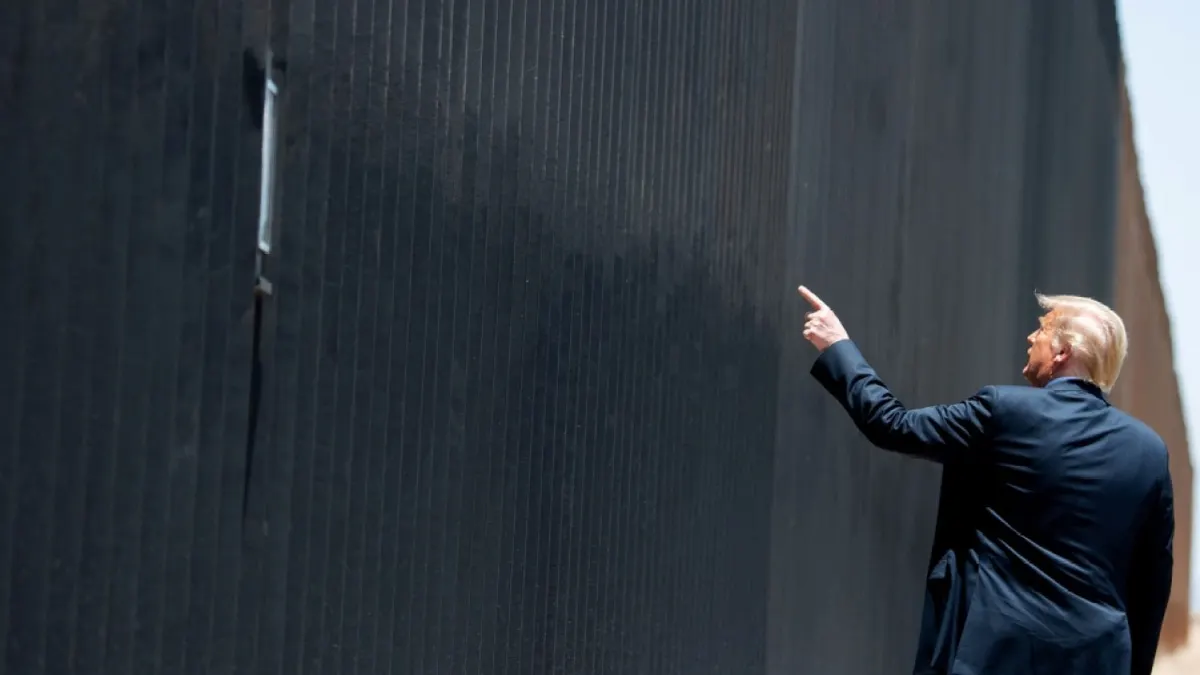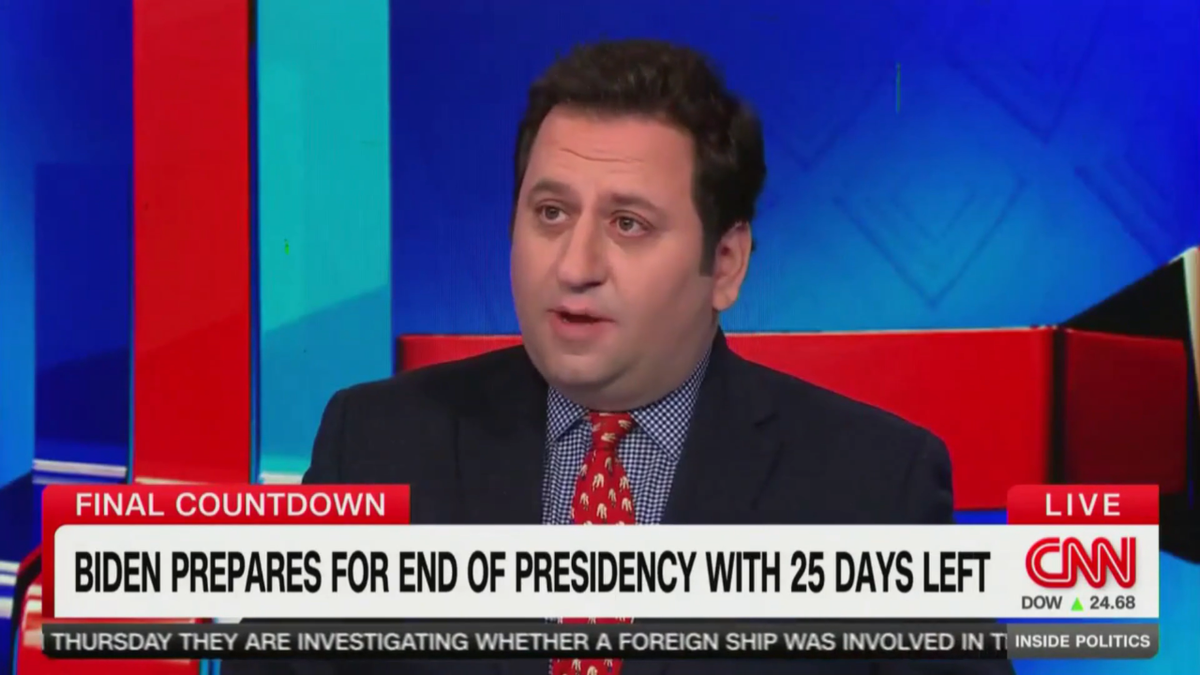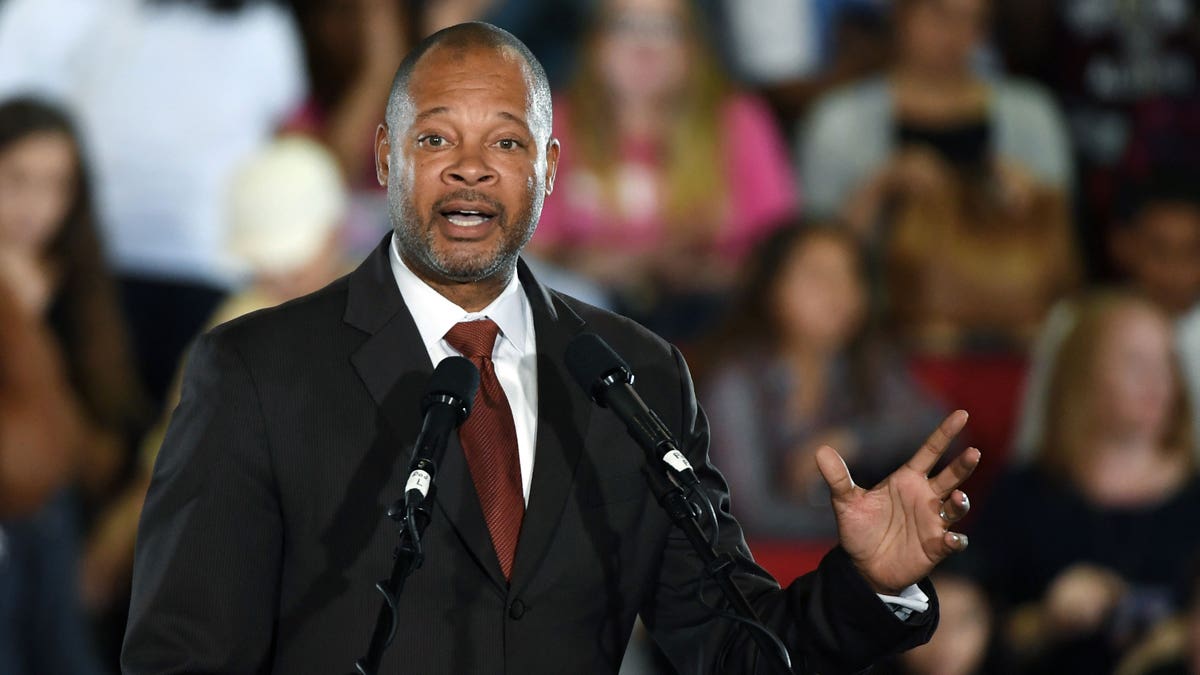The 14th Amendment's birthright citizenship clause has become a focal point in the immigration debate, with some legal scholars arguing its current interpretation deviates from the original intent. Hans von Spakovsky of the Heritage Foundation contends that the clause has been exploited for "birth tourism" by undocumented immigrants, creating a national security vulnerability.
While numerous states are challenging President Trump's executive order aiming to restrict birthright citizenship for children of undocumented immigrants, Spakovsky believes the order aligns with the 14th Amendment's original meaning and anticipates the Supreme Court will ultimately uphold it.
The executive order, titled "Protecting the Meaning and Value of American Citizenship," specifies that automatic U.S. citizenship does not apply to individuals born in the U.S. if their parents are unlawfully present or if their presence is legal but temporary.

Opponents of the order, including several states and the ACLU, have initiated legal action, asserting that it infringes upon the 14th Amendment, which states, "All persons born or naturalized in the United States, and subject to the jurisdiction thereof, are citizens of the United States and of the State wherein they reside."
Spakovsky, however, argues that the crucial phrase "subject to the jurisdiction thereof" has been frequently disregarded. He emphasizes that this phrase implies allegiance to the U.S., not to a foreign nation, and that the 14th Amendment was never intended to encompass children born to individuals residing in the country illegally or temporarily.

He maintains that the 14th Amendment, ratified post-Civil War to grant citizenship to formerly enslaved individuals and their offspring, was not employed to bestow birthright citizenship upon undocumented immigrants until over a century after its adoption. He posits that this expanded interpretation has facilitated "birth tourism" and its associated issues.

Spakovsky expresses confidence that the Supreme Court will ultimately side with the Trump administration's interpretation, asserting that birthright citizenship, as currently applied, grants American citizenship to those without genuine loyalty or connection to the U.S.








